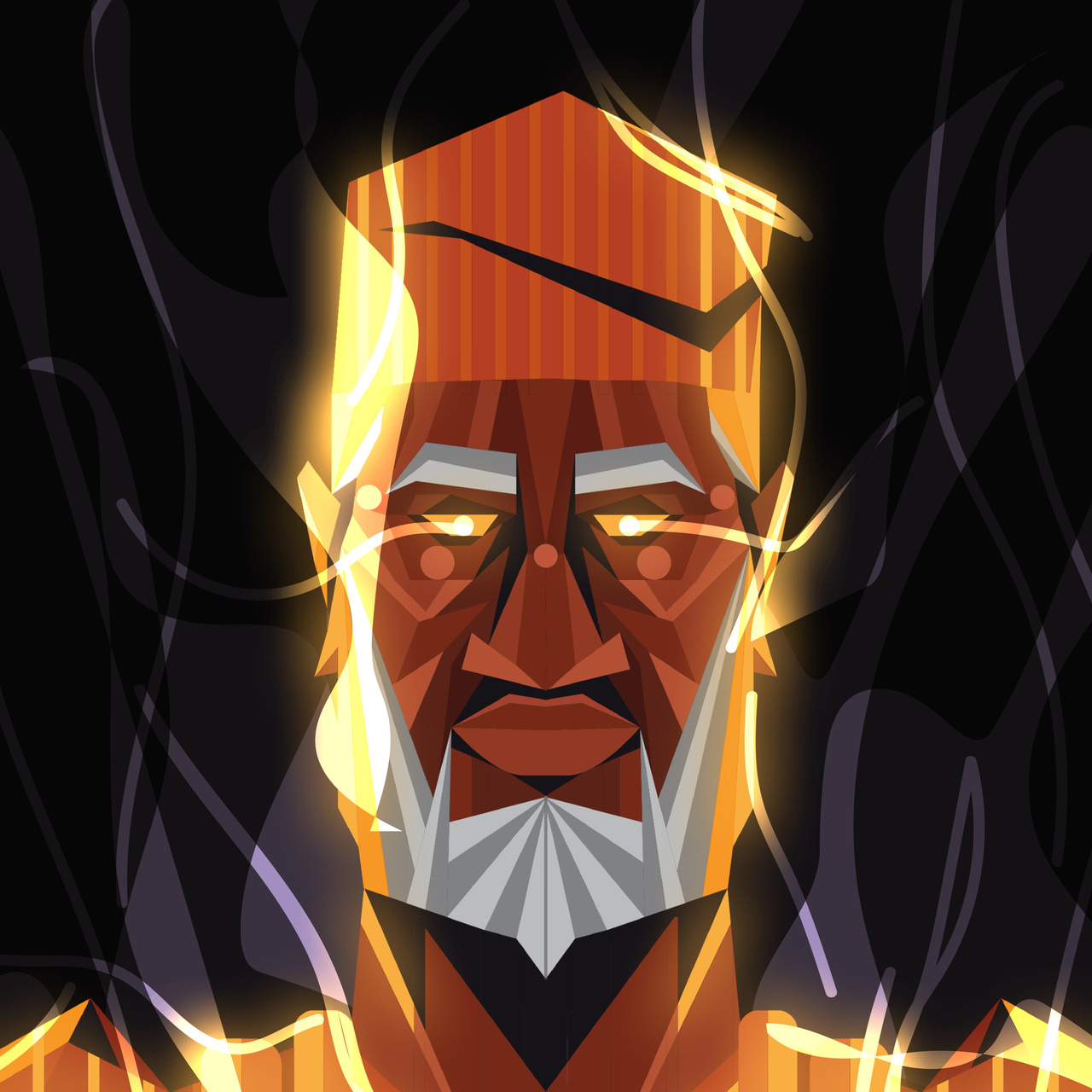Africa - Borders, Multipolarity & Uncertainties
Redrawing Africa's borders to reflect its indigenous ethnic realities could be one way to address the challenges facing the continent and pave the way for a more stable and prosperous future.
Africa is a continent with vast potential and a wealth of natural resources, but it has also faced a range of challenges and obstacles in its history. As the world becomes increasingly multipolar, with the rise of new global powers such as China and Russia, Africa's fate in this changing world order is uncertain.
One potential challenge for Africa in a multipolar world is the issue of its current controversial borders, which were drawn at the Berlin conference in the late 19th century. These borders were established without regard for the political, cultural, and ethnic boundaries of the various African communities, and as a result, they have been a source of tension and conflict on the continent.
In a multipolar world, where the interests of global powers such as China and Russia may clash with those of the West, these borders could become even more of a flashpoint. The West, with its history of colonization and intervention in Africa, is likely to play a significant role in shaping the continent's fate in a multipolar world. In the past, the West has often sought to assert its influence and control over African nations, often at the expense of the sovereignty and well-being of the people of Africa.
In a multipolar world, it is possible that the West will continue to try to maintain its influence and control over Africa, either through direct intervention or by supporting friendly governments and regimes. This could lead to further instability and conflict on the continent, as African nations struggle to assert their autonomy and independence.
Additionally, the actions of Islamic groups in Africa could also have an impact on the outcome in a multipolar world. In recent years, Islamic extremist groups such as Boko Haram and al-Shabaab have carried out a range of violent attacks and atrocities in Africa. If these groups continue to operate and gain strength in a multipolar world, they could pose a significant threat to the stability and security of the continent.
One potential solution to the challenges facing Africa in a multipolar world is to redraw the continent's borders to reflect its indigenous, ethnic, and nationalistic realities. By doing so, African nations could be better able to protect their sovereignty and promote the well-being of their people. This could also help to reduce tensions and conflicts over borders and resources, and create a more stable and secure environment for Africa to thrive in a multipolar world. Full consideration of this thought can be found in a previous piece below.piece,
Overall, the fate of Africa in a multipolar world is uncertain and will depend on a range of factors, including the actions of global powers, the stability of African nations, and the influence of extremist groups. In order for Africa to thrive in a multipolar world, it will be necessary for global powers to work together and respect the sovereignty of African nations, and for African leaders to prioritize the well-being and security of their people.
Redrawing Africa's borders to reflect its indigenous, ethnic, and nationalistic realities could be one way to address the challenges facing the continent and pave the way for a more stable and prosperous future.
Be sure to share, like, comment and subscribe across all platforms.





